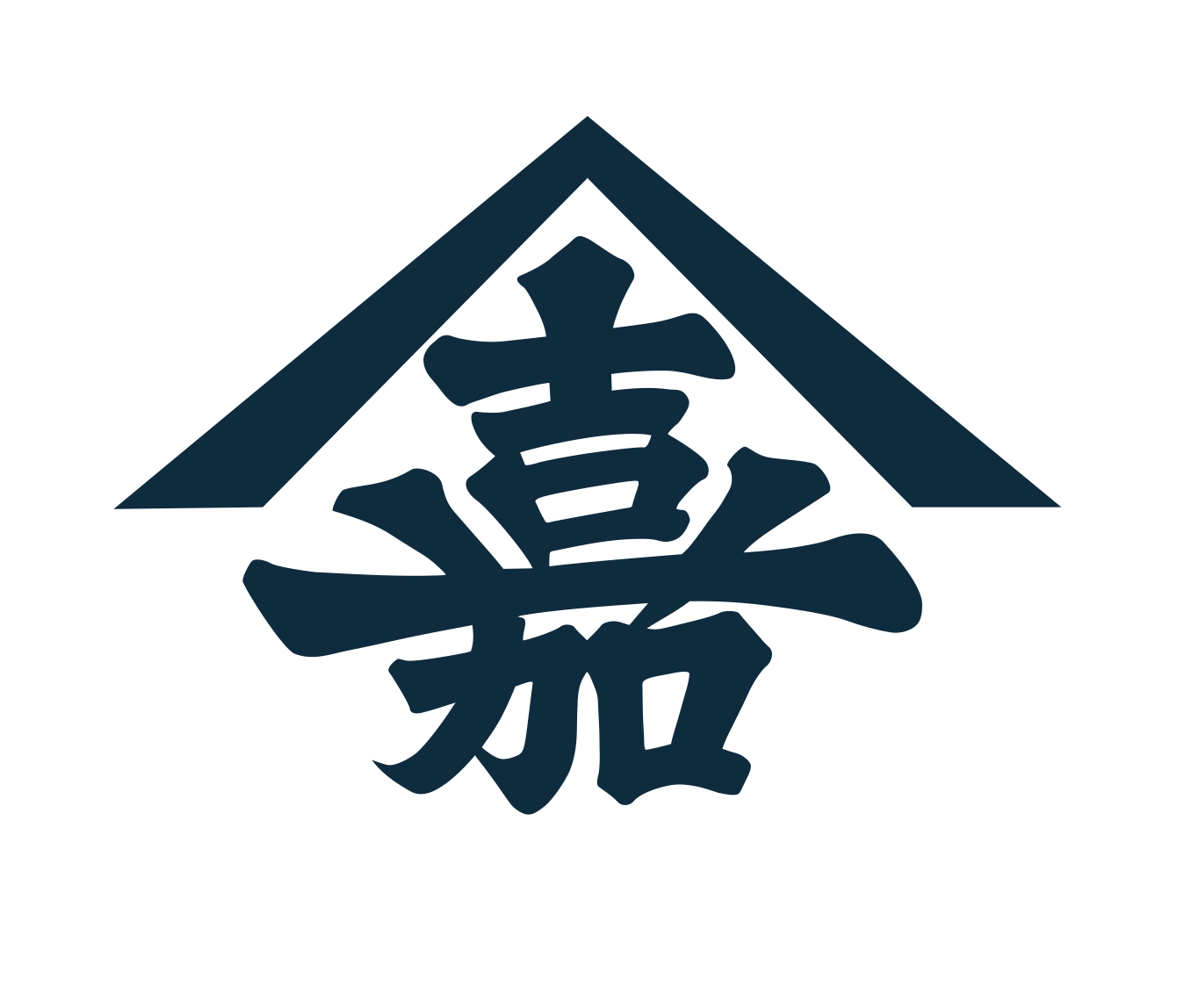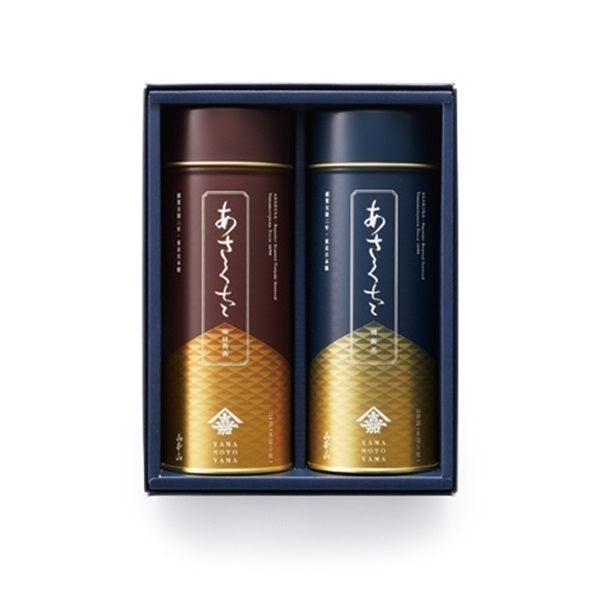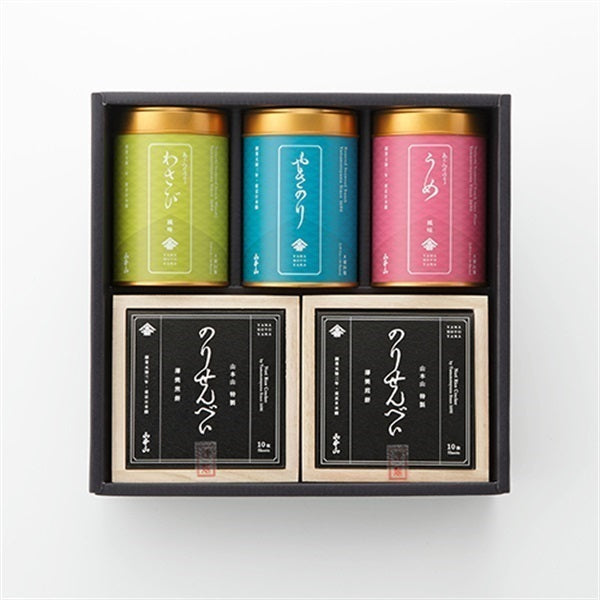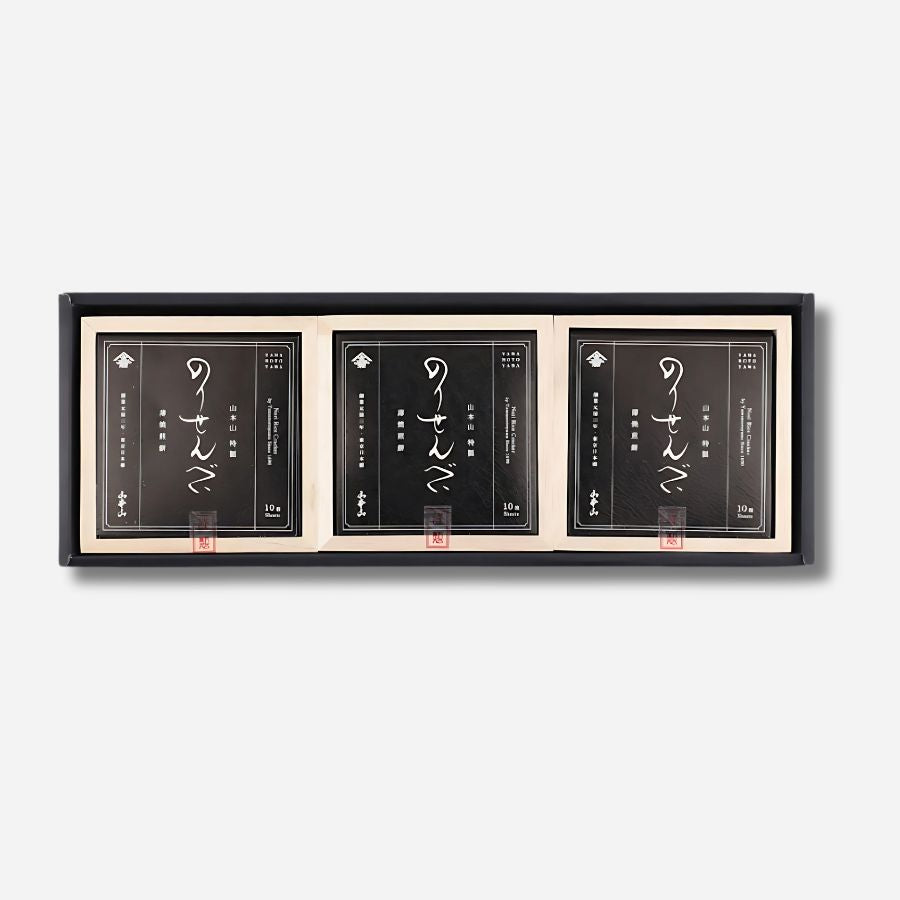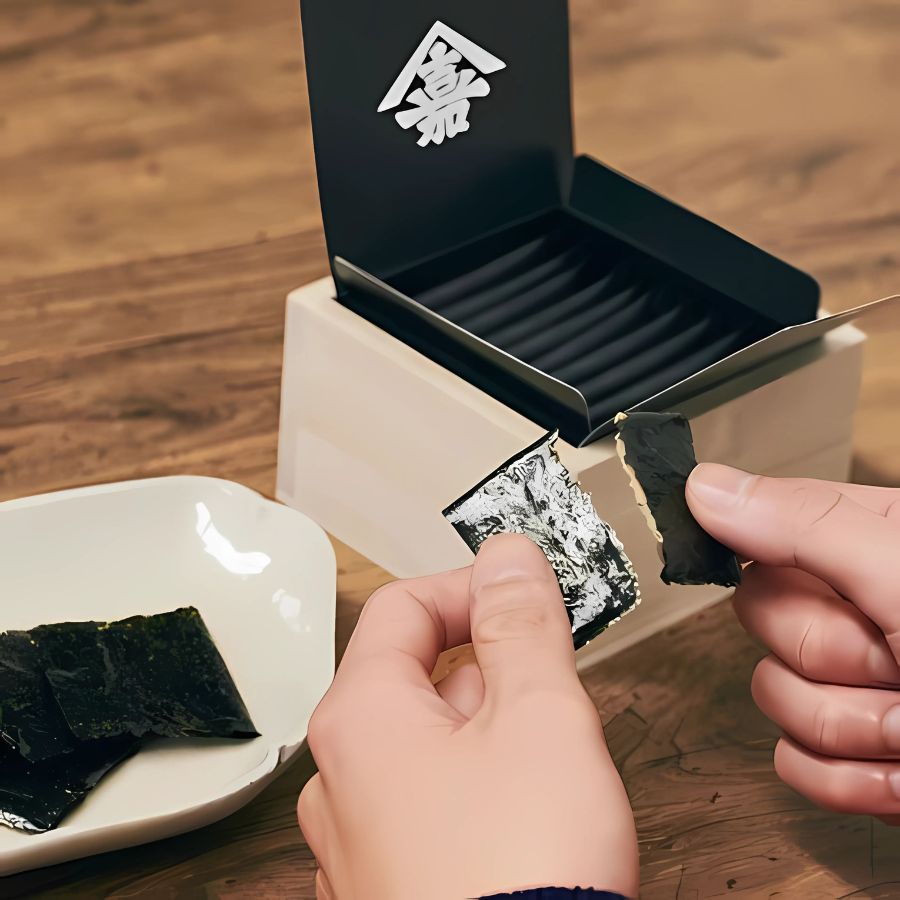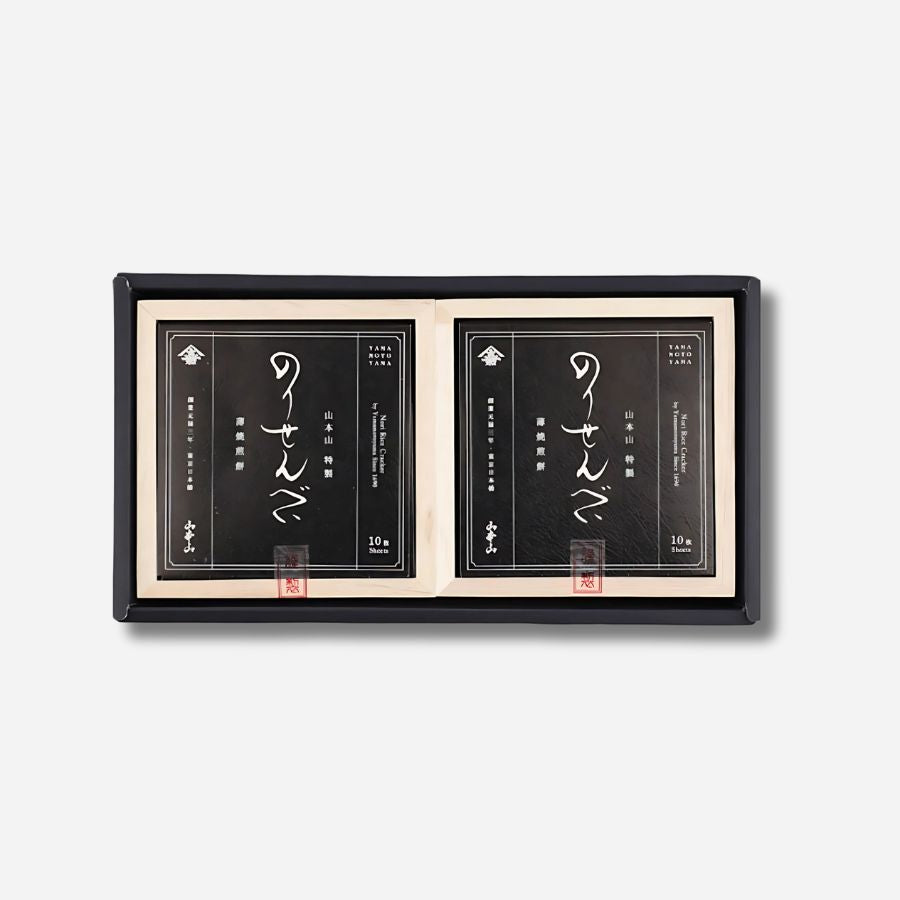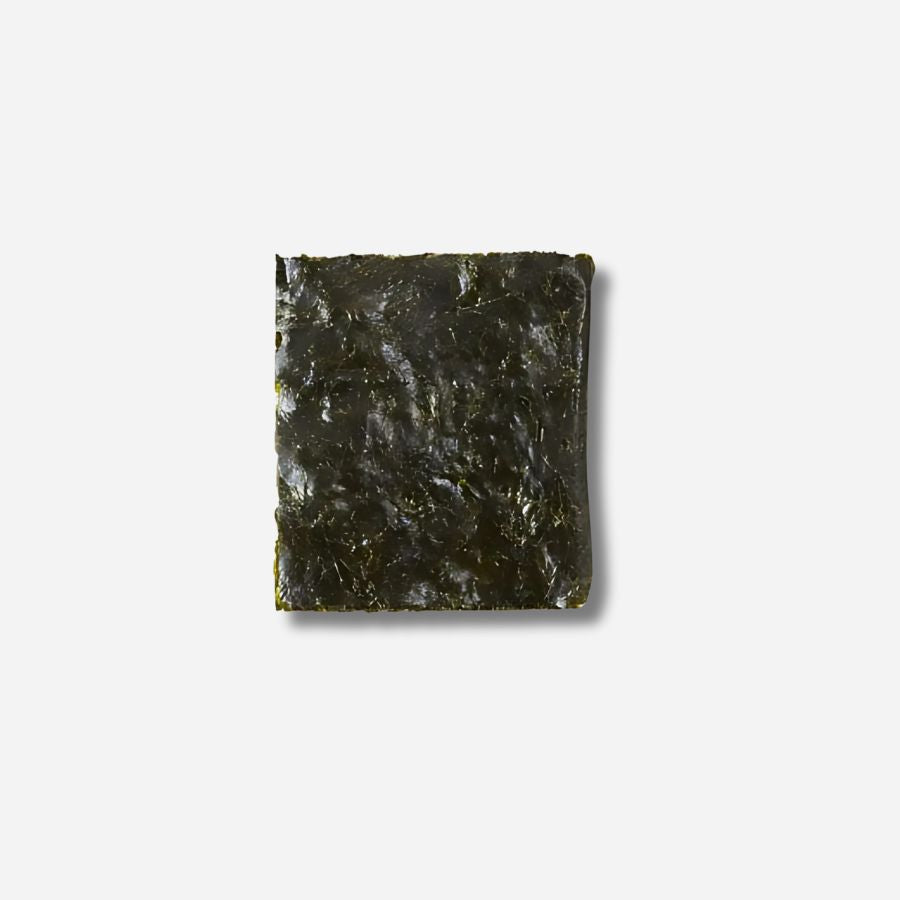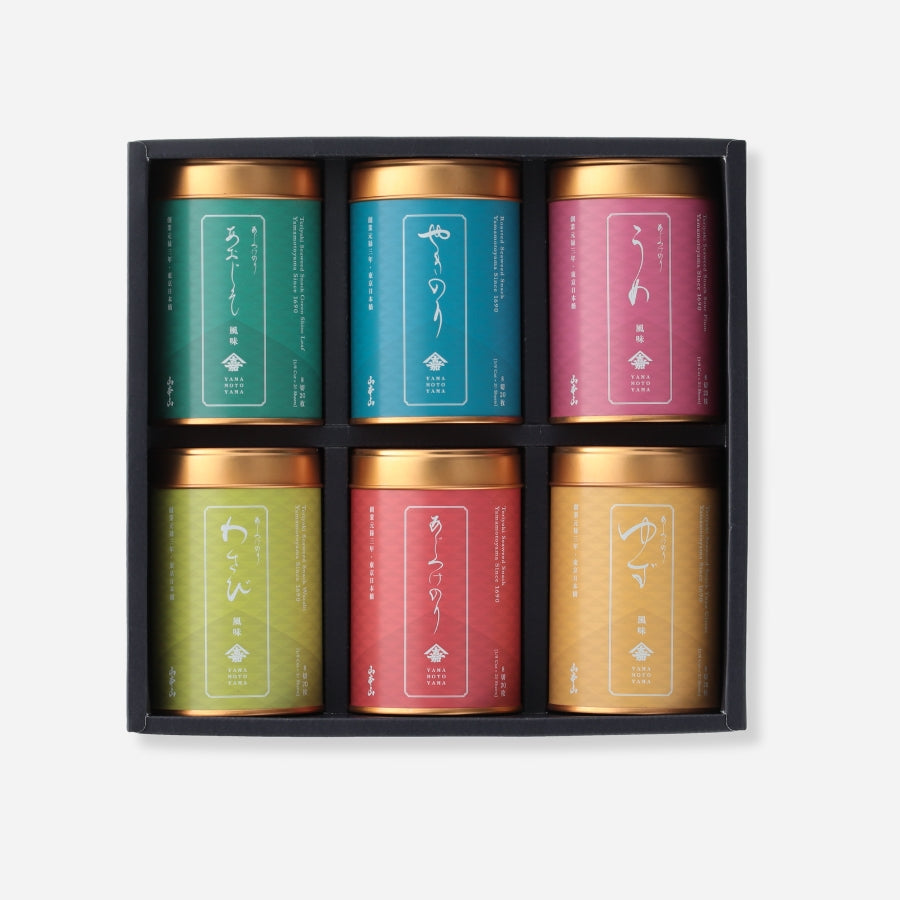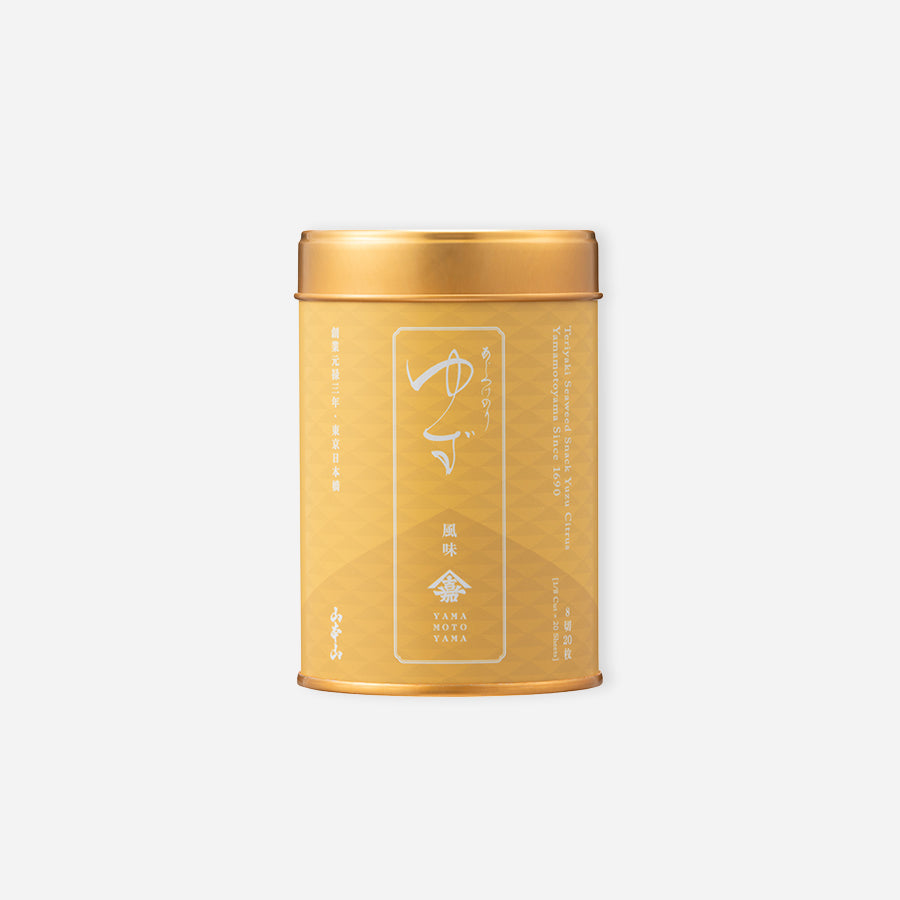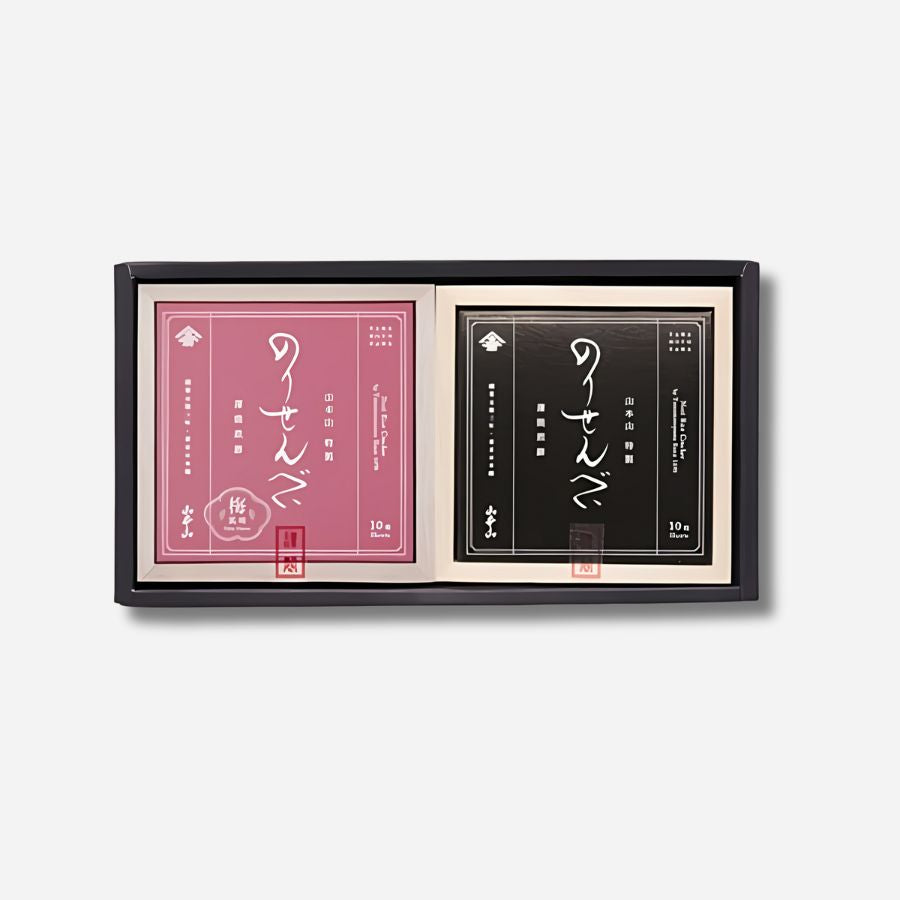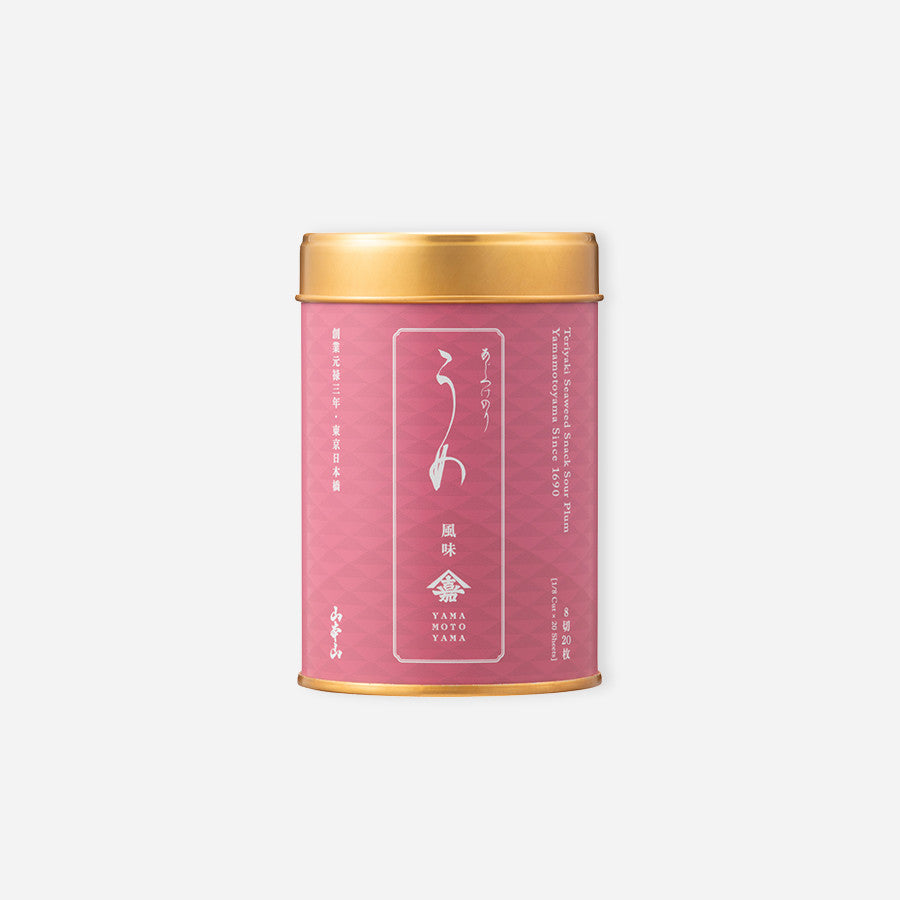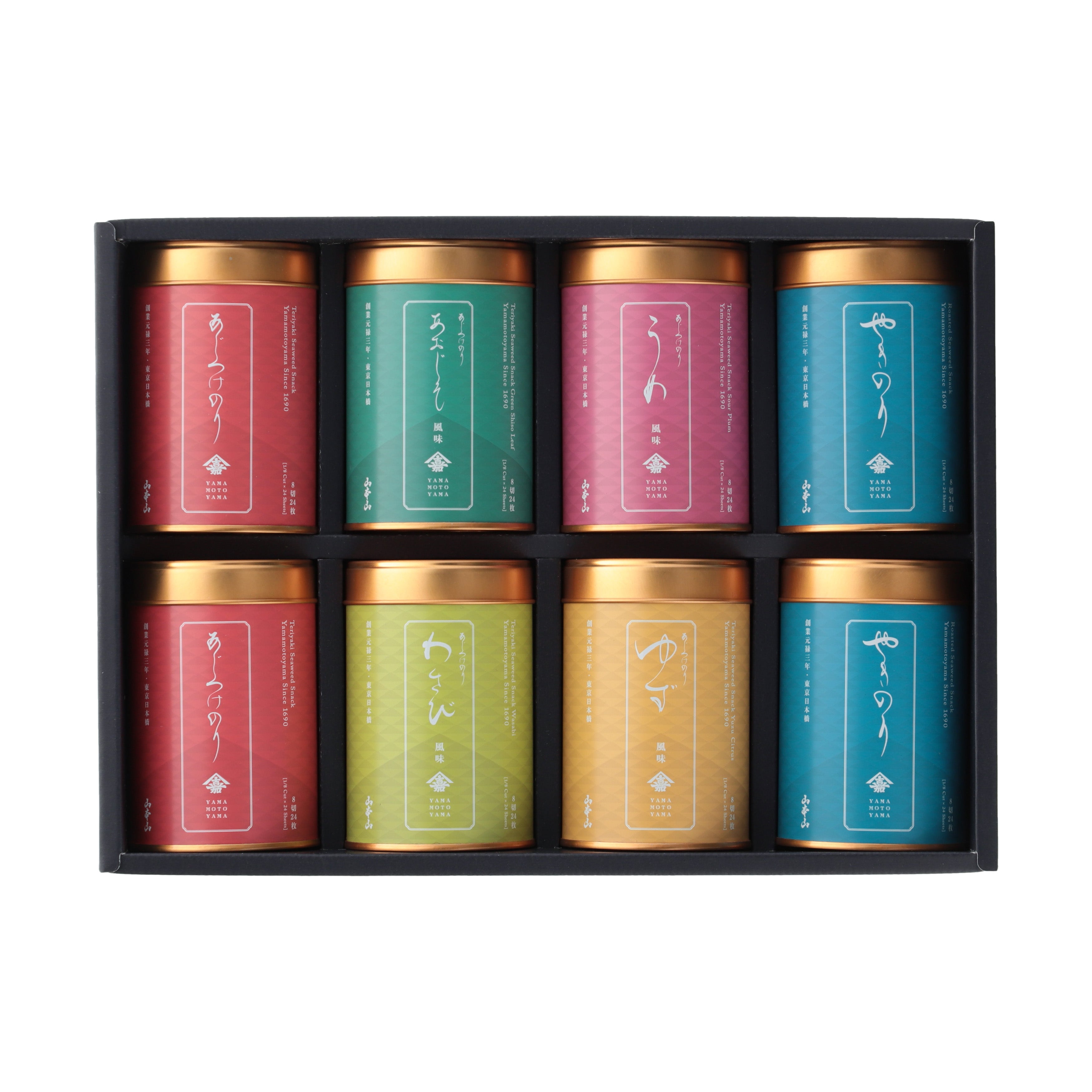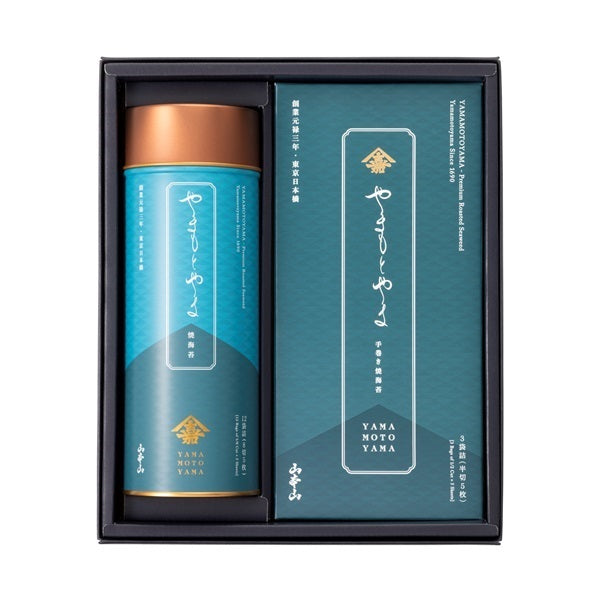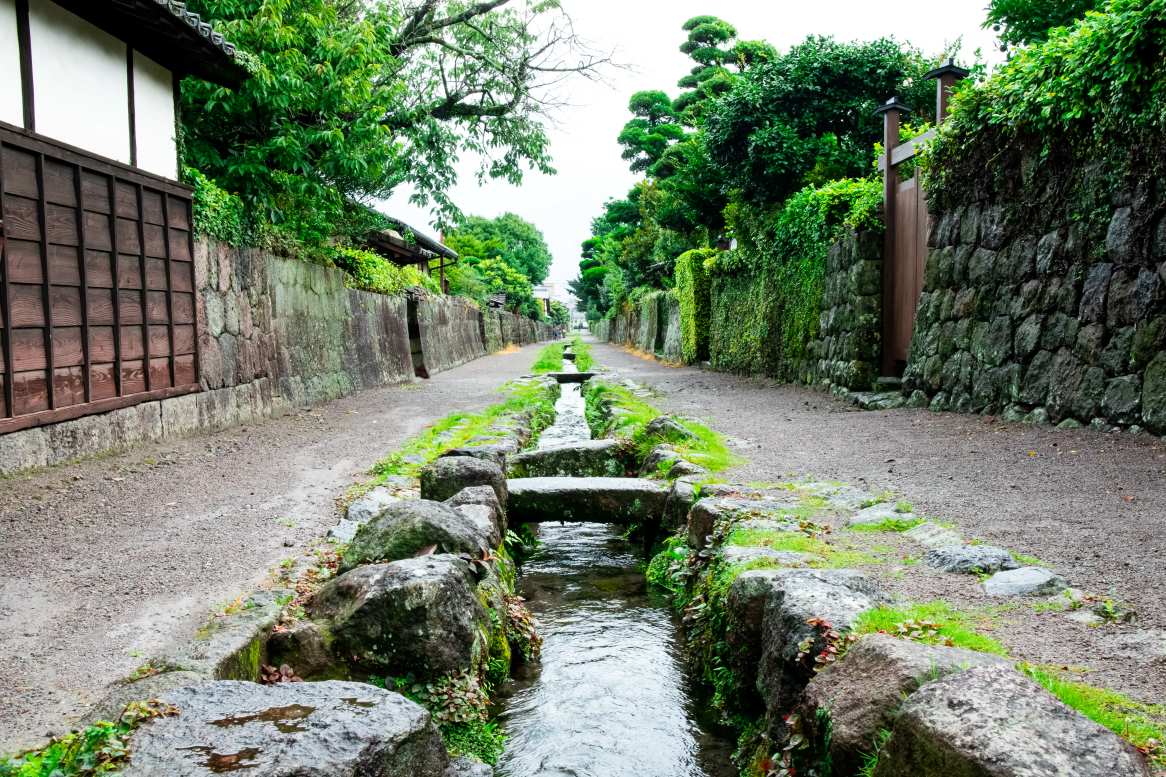
Isn't Obon a Buddhist event? Its surprising origins and true meaning
Introduction
When people hear the word Obon, many of them think of it as a time when family and relatives gather together and visit the graves of their ancestors, as exemplified by the rush to return home.
A variety of events are held during the Obon period, starting with the welcoming bonfire, followed by Bon Odori dance, farewell bonfires, the floating of spirits, and the now-extinct "Yabuiri" ritual.
However, when we trace the roots of Obon, we find some surprising facts.

Wasn't Obon originally a Buddhist event?
In fact, in ancient Japanese beliefs, the year was divided into two periods, "New Year" and "Obon," and each was considered an important turning point.
During this time, people would gather together as a family to offer harvests in an "Ancestral Festival" on the night of the 15th day of the 7th month of the lunar calendar, in order to welcome the spirits of their ancestors and pray for the health and prosperity of their families.
The modern Obon festival is said to be a combination of this ancient custom of ancestral worship and the Buddhist event Ullambana.

The teachings of Ullambana, a festival to relieve hunger
Ullambana is a Buddhist event to offer prayers for ancestors who are suffering from hunger.
This day is named after the story of one of Buddha's disciples, Mokuren, who, at Buddha's instruction, performed a memorial service on July 15th to save his mother, who had fallen into hell, from the suffering of hunger and thirst.
The custom of Ullambana, which was originally primarily a memorial service for deceased ancestors, was influenced by Confucianism as it spread from India to China, and its scope expanded to include not only ancestors but also living parents.

When it was introduced to Japan, it developed into an even more unique style.
From this, an event called "Medetai Obon" was born, which not only honors ancestors but also celebrates the longevity and health of parents in households that have been free of misfortune for the year and in which both parents are still alive.
This custom was also called "ikimitama" or "ikibon," and involved children bringing food to their parents in the hope of strengthening the power of their spirits. It is thought that this custom eventually became linked to the custom of midsummer gifts.

Obon: The Combination of Two Traditions
In this way, the ancient ancestral festival and the Buddhist Obon festival, which were held at the same time, eventually became linked, and gradually spread throughout Japan as an event with a strong Buddhist flavor.
If we consider the original meaning, returning to one's hometown during Obon is not simply to visit graves.
It has a deeper and warmer meaning: in addition to expressing gratitude to ancestors, it also prays for the health and longevity of living family members, especially parents, and shares in the joy.
I myself haven't been back home for Obon in over ten years due to my dogs and work... This year I'm thinking of taking my two dogs and going back home to see my parents, who are still in good health.
